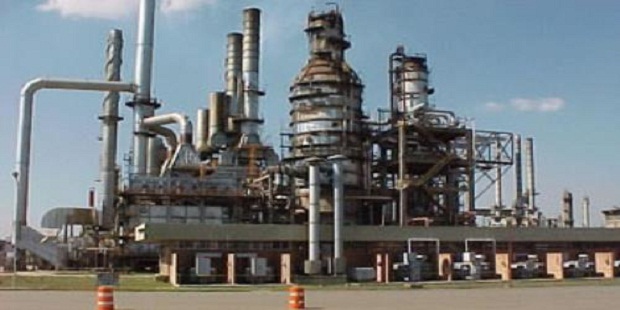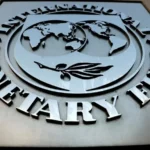Nigeria has emerged as Africa’s leading destination for oil and gas investments in 2024, reclaiming the position it had ceded to Angola in recent years.
A report by market intelligence firm Wood Mackenzie reveals that the country accounted for three out of four Final Investment Decisions (FIDs) made by global oil and gas majors, with a total investment of $13.5 billion.
The FIDs include Shell’s $122 million Iseni Gas Project, TotalEnergies’ $566 million Ubeta Gas Project, and the $4.6 billion Bonga North Tranche 1 development. These projects reflect Nigeria’s commitment to unlocking its hydrocarbon potential through investor-friendly policies and strategic partnerships.
The Nigerian government introduced multiple initiatives in 2024 to attract foreign investment and streamline project implementation. These included tax incentives aimed at generating up to $10 billion in natural gas investments and reducing contracting timelines in the petroleum sector.
- Advertisement -
According to Olu Verheijen, Special Adviser on Energy to President Bola Tinubu, five landmark presidential directives and fiscal reforms have reshaped Nigeria’s energy landscape, paving the way for unprecedented investments in 2025.
Nigeria’s regained status also owes much to its vibrant offshore oil sector. Key projects such as the Ubeta Gas Project (182 million barrels of oil equivalent) and the Bonga North Tranche 1 (350 million barrels) are set to bolster production capacity. Energes’ HI (OML 144) project, a $2.6 billion fixed platform development, further highlights the country’s long-term production strategy.
Despite Nigeria’s impressive resurgence, Angola maintained substantial investments in offshore blocks, driven by TotalEnergies and ExxonMobil projects. However, Nigeria’s ability to attract major investments in its deepwater fields has proven decisive.
Elsewhere in Africa, nations like Ghana, Senegal, and Côte d’Ivoire experienced moderate growth in upstream investments, though not at Nigeria’s scale. Mozambique and South Africa implemented political and regulatory reforms, while the African Energy Bank, established in 2024, emerged as a crucial financier for the continent’s energy projects.










